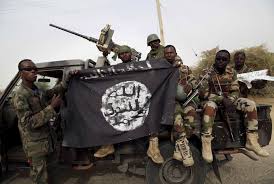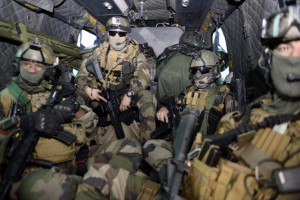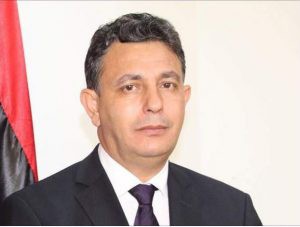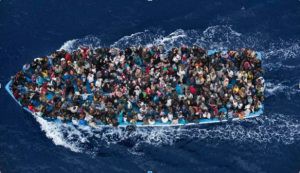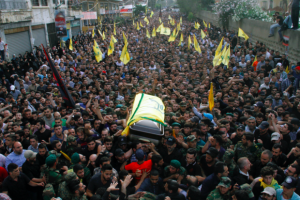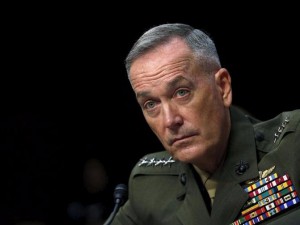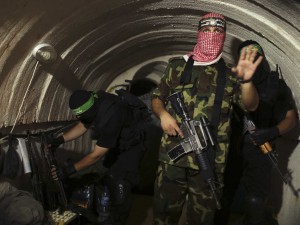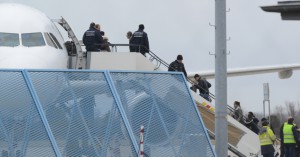The new alliance of Boko Haram with Isis could further disrupt the fate of Libya. The terror groups have paved themselves a new path of jihadism to cinch control of the volatile North African region and its migration routes. The UN quickly held a meeting on 13 May in which Security Council members discussed the plight of the displaced in Chad, Cameroon, Niger and Nigeria.
The context of Central Africa is marked by barbarism systematically carried out by terror groups which have destabilised the peace and internal balance of this region. Boko Haram uses terror and brutality as its weapons; in 2014 this terrorist organisation kidnapped over 250 school girls. Acording to Peter Pham, the director of the Africa Centre Atlantic Council, Boko Haram is responsible for the deaths of 10,000 Nigerians. To strengthen its footing, in 2015 Boko Haram’s leader, Abubakar Shekau, formed an alliance with Abu Bakr al-Baghdadi, the leader of the Caliphate. Their alliance then came to strengthen Isis presence in Libya.
There is indeed a different theory that supports the new co-operation between Abubakar Shekau and Abu Bakr al-Baghdadi, namely the need to remain on the political scene after the many losses suffered by Boko Haram in the course of several armed clashes. The French President, François Hollande, reported that Boko Haram has been significantly weakened in recent times. However, Hollande commented: “This terrorist group nevertheless remains a threat.” The words of French President were spoken in Abuja, during a summit wanted by the Nigerian leader, Muhammadu Buhari.
The allegiance is an opportunity for Boko Haram to increase its visibility among the terror organisations. The Caliphate also enjoys benefits of this alliance with the Nigerian terrorist group since the latter has high liquidity for the taxation of territories under its control. Nigeria on its own is ill-equipped to handle Boko Haram; so Hollande and Buhari have signed a defence and security agreement to help Nigeria build up new regional forces, improving infrastructure and displaced citizens.
Finally there is the issue of migrants: Nigeria and Libya are the two extreme points of a route that cuts Africa vertically from the central regions to the Mediterranean coast. Isis’ control of Libya has allowed the arrival of jihadists and militias into Gaddafi’s former kingdom. Their presence has worsened the refugee crisis as countries across the region have insufficient infrastructure to accommodate to the displaced. If there isn’t regional cooperation between leaders, this can only escalate the terrorist groups’ power base.
Peter Pham commented: “The alliance Boko Haram-Isis is a real threat because the risk of the establishment of a highway of Jihad is very strong.” He further explained: “What is happening is something that was already in the mind of al-Qaeda. And all that could be actualized again with the new support of groups such as the Somali Shabaab”.
At Abuja leaders discussed just this: a strategic plan to stop the advance and the strengthening of terrorist organisations. Operation “Barkhane”, consisting of 3,000 French soldiers, were sent to defend the borders of the Sahel States. But this response to the growing terror threat is only putting a band-aid on the problem as disagreements amongst African leaders may compromise the entire mission.
theinternationalpostmagazine.com
